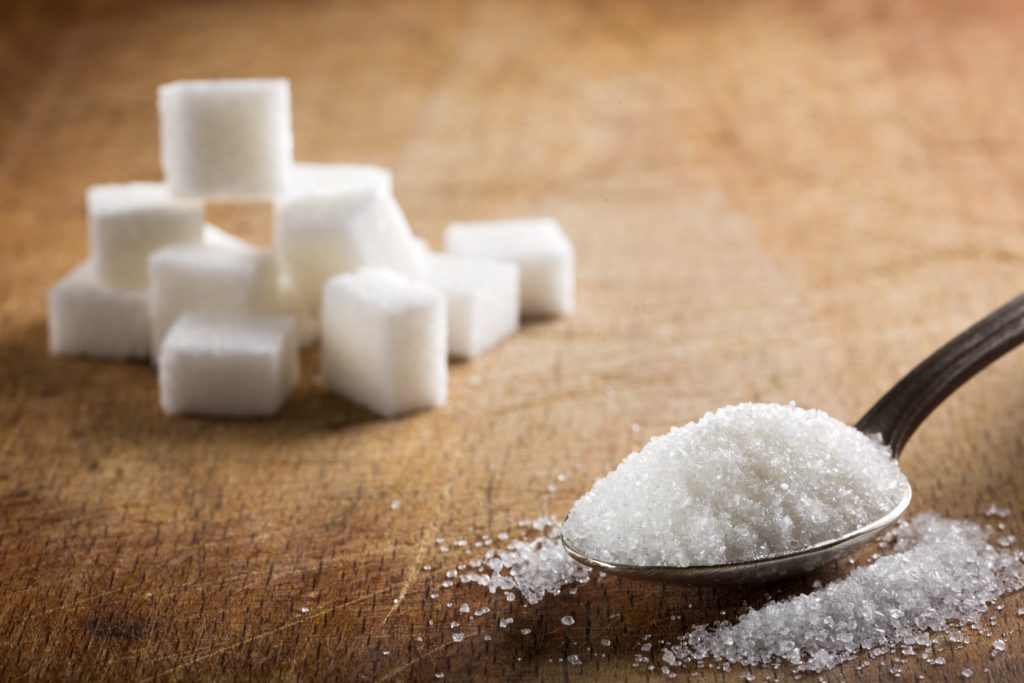Professional societies publish new sugar limits
Numerous studies have employed in recent years with the impact of sugar on health. In one point all agree: sugar is unhealthy. A high and frequent sugar intake promotes the development of caries, Obesity, type 2 Diabetes and cardiovascular disease. Three German medical societies have released a joint recommendation on the daily amount of sugar, which should not be exceeded for a healthy diet.
The German nutrition society (DGE), the German obesity society (DAG) and the German Diabetes society (DDG) joined together, to make a recommendation about the maximum daily intake of sugar, the health of which is just harmless. They came to the result that the total energy should be put from all kinds of sugar, more than ten percent of the total energy intake of the day. The professional associations published the recommendation in a recent joint consensus paper.

How much sugar is too much?
The current recommendation is that not more than ten percent of the daily energy should come from sugar. Are the juices meant all sugar, including monosaccharides and disaccharides, as well as natural fruit sugar such as honey, syrup, fruit and fruit concentrates. But how much sugar is that, exactly? The daily calorie needs of each person is different and is also Dependent on the gender, size, weight, age and daily exercise. In the case of a total daily energy intake of 2,000 kilocalories per day should not be more than consumed 50 grams of sugar per day, at 3,000 kilo calories per day is not more than 75 grams.
We all eat too much sugar
The specialist companies we all take an average of too much sugar to us. So women in the age from 15 to 80 years, would obtain an average of 14 percent of their energy from sugar, and men in this age class average 13 percent. Of particular concern is the sugar intake in children and adolescents. Here, the total energy of this day from coming to an average of 17.5 percent sugars. The societies recommend that all Germans should, on average, eat 25 per cent less sugar.
Less is more
The societies stress that the new recommendations should not be seen as a desirable food destination, but as the upper limit of sugar consumption is not just acceptable, in order to promote the development of caries, obesity, Diabetes, and heart disease. Better, however, to arrive at this upper limit.
Where is all the sugar?
According to the specialist societies are the main sources of sugar confectionery and sugary drinks. The classic Coca-Cola contains 10,6 g of sugar per 100 milliliters. Who drinks a litre of Cola, has already taken 106 grams of sugar. The scientific societies warn that the consumption of sugary drinks is associated with high energy feeds, without a saturation effect sets in. This could easily be the daily recommended amount of sugar than the daily recommended total energy exceeded.
Tips to reduce sugar
The German nutrition society recommends to all consumers to eat highly processed and sugary foods less often and in moderation. Sugar-sweetened Soaked, should be replaced by water or unsweetened tea. In children, one should pay particular attention to the consumption of sugar, in order to get into the habit of a sweet taste in the first place. (vb)
